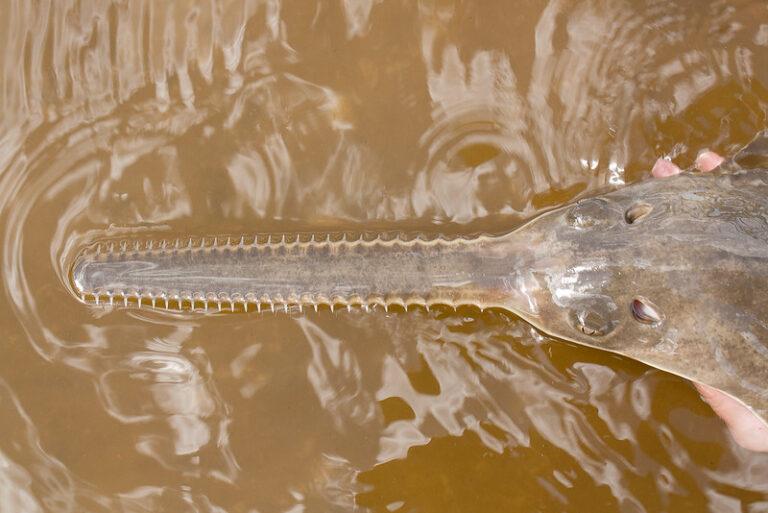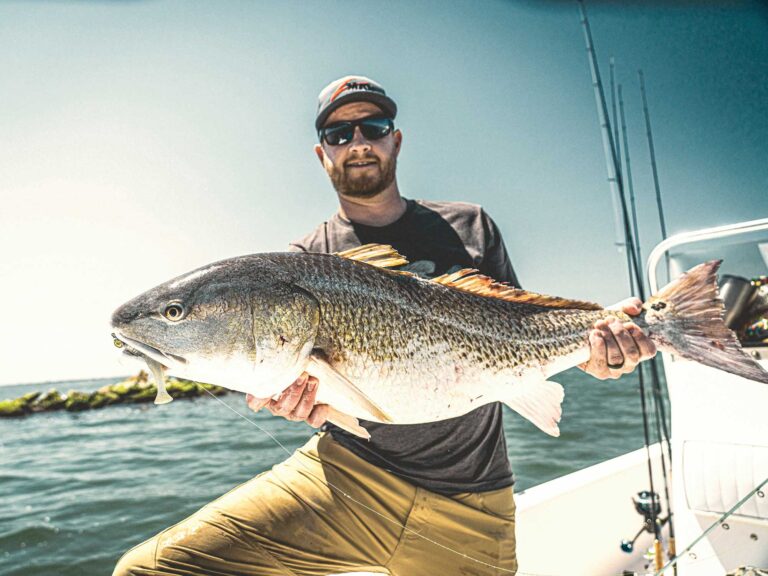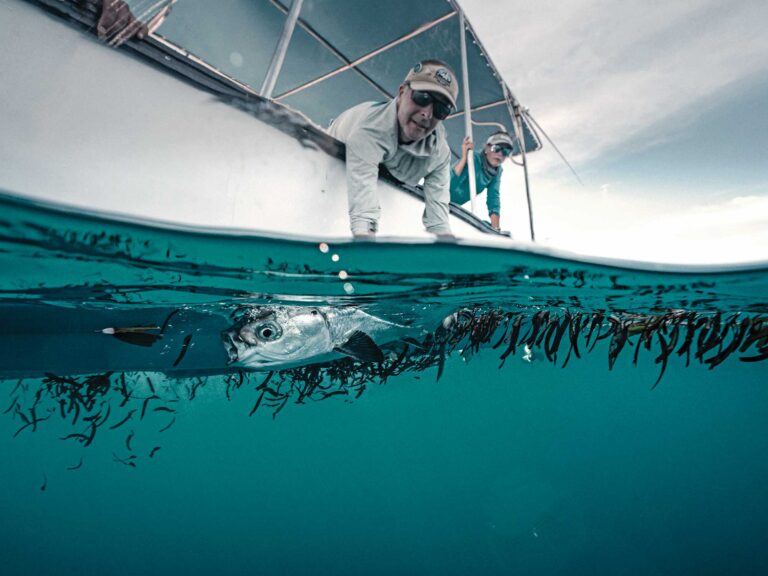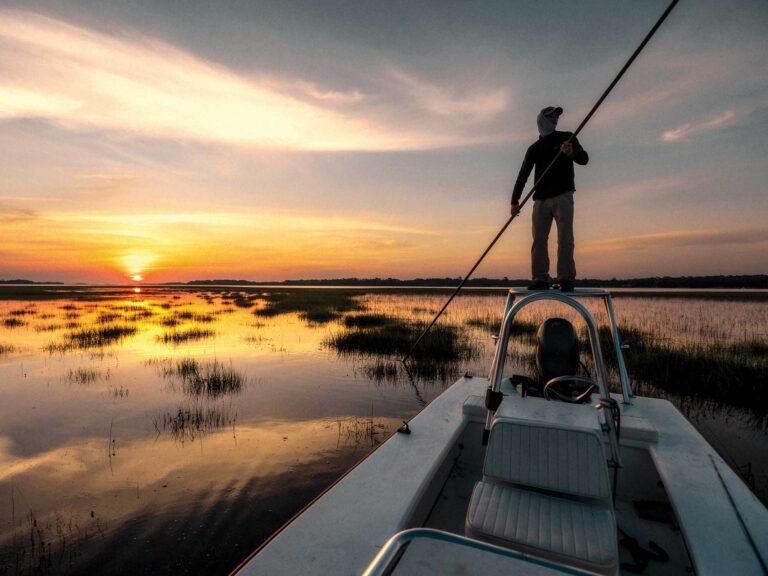Alexandria, VA – National Park Service officials at Biscayne National Park released a draft General Management Plan (GMP) which, despite opposition from numerous stakeholders and the Florida Fish and Wildlife Conservation Commission (FWC), proposes to close over 20 percent of the park’s public waters to recreational fishing and other activities. The American Sportfishing Association (ASA) urges its members, and anyone concerned with their ability to access public waters, to provide input on the GMP before the Monday, October 31 deadline.
“The Biscayne National Park management plan is just another example of the National Park Service viewing the public as an inconvenience,” said ASA Vice President Gordon Robertson. “Rather than attempting to balance resource conservation with public access, park officials apparently find it more convenient to simply close off massive areas of the park to the taxpaying public.”
Located adjacent to Miami, Fla., Biscayne National Park is the largest marine park in the National Park system and one of the country’s largest urban recreational fishing areas, supporting approximately 10 million angler trips per year. After several years of development, the draft GMP, which directs park uses and operations, was released on August 19, 2011. The current preferred alternative that is endorsed by park managers would establish a 10,522 acre marine reserve, or no fishing zone, and several “no combustion engine zones” which act as de facto no-fishing zones because their large size makes most of the waters inaccessible.
Management of the park’s fish and aquatic resources falls under a separate, but complimentary, Fishery Management Plan, which is guided by a partnership with the FWC to manage fisheries within the park. That partnership is defined in a Memorandum of Understanding (MOU), in which the FWC states their belief that marine reserves are overly restrictive and that less-restrictive management measures should be implemented in the park.
“Park officials are attempting an end-around maneuver on the Florida Fish and Wildlife Conservation Commission by claiming that the MOU does not apply to the park’s General Management Plan, even though marine reserves and other components of the GMP clearly affect fish and aquatic resource activities,” noted Robertson. “Florida’s anglers trust the FWC to effectively manage fisheries resources, and the Park Service’s blatant disregard of the commission should not be tolerated.”
Robertson further said, “Unfortunately, this isn’t the only instance of Biscayne National Park officials operating autonomously in developing the GMP. Several years ago, a working group was brought together to develop recommendations for managing the park’s fisheries. However, because these recommendations did not include marine reserves, park officials decided to, essentially, throw them out.”
“It is ASA’s position that the most significant concern facing Biscayne National Park’s natural resources is inadequate enforcement of current regulations,” said Mike Leonard, ASA’s Ocean Resource Policy director. “Traditional fisheries management measures currently in place could effectively sustain healthy fisheries, but these are not being adequately enforced. Recreational anglers and the businesses they support should not be penalized because park managers view marine reserves as a quick and easy fix.”
Anglers are encouraged to submit comments on the Biscayne National Park GMP. Suggested talking points and information on how to comment are available on www.KeepAmericaFishing.org.









